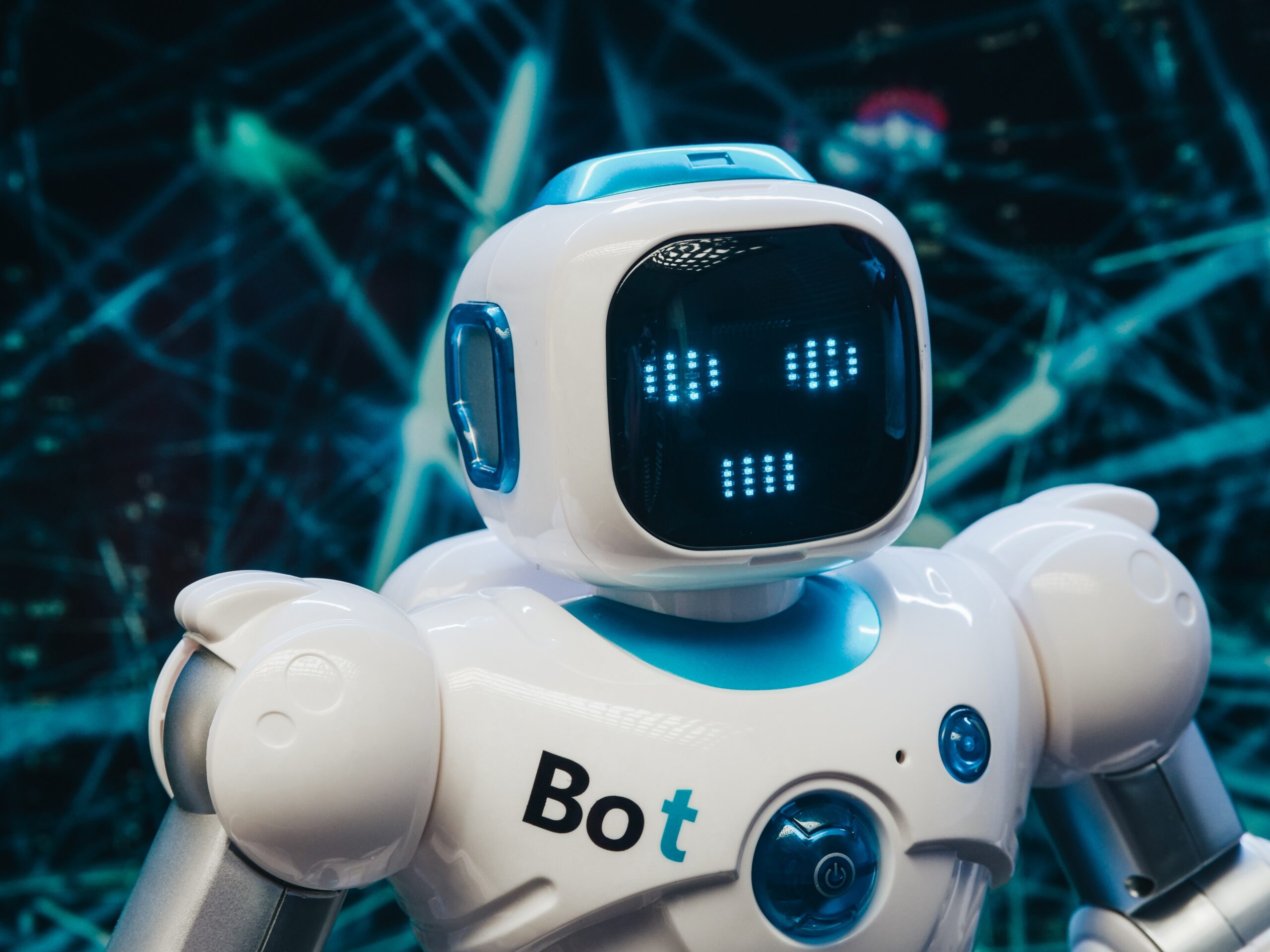
Automation and robotics have revolutionized industries and transformed the way we work. With advancements in technology, artificial intelligence, and machine learning, the future of work is undergoing a dramatic shift.
According to recent research, by 2030, up to 800 million jobs worldwide could be automated.
This rapid transformation raises important questions about the changing job landscape and the skills needed to thrive in the digital age. In this blog, we will explore the implications of automation and robotics on the future of work and discuss how individuals and businesses can adapt to this new era.
The rise of automation and robotics has the potential to significantly impact the job market. Repetitive and routine tasks that can be easily automated are increasingly being taken over by machines. Industries such as manufacturing, transportation, and customer service are already witnessing the effects of automation. According to a report by the McKinsey Global Institute, almost half of all work activities have the potential to be automated with currently available technologies. This shift in the job landscape will require workers to develop new skills and adapt to a rapidly changing environment.
However, while automation may eliminate certain jobs, it also creates new opportunities. As machines take over routine tasks, humans can focus on more complex and creative endeavours. Jobs that require emotional intelligence, critical thinking, problem-solving, and creativity are likely to be in high demand. Furthermore, the increased use of robotics and automation will create a need for individuals skilled in designing, programming, and maintaining these technologies. Workers need to embrace lifelong learning and acquire the skills necessary to remain relevant in the evolving job market.
Adapting to the future of work requires a proactive approach from both individuals and businesses. For individuals, upskilling and reskilling will be crucial in staying employable. Embracing digital literacy, acquiring knowledge of emerging technologies, and developing soft skills such as adaptability, collaboration, and creativity will be essential. Lifelong learning will become the norm as individuals continuously update their skill sets to keep up with changing job requirements.
Businesses, on the other hand, need to embrace automation and robotics as tools for efficiency and productivity. While automation may lead to workforce reductions in certain areas, it can also free up employees to focus on higher-value tasks. Companies should invest in reskilling their workforce and providing training programs to enable employees to acquire the necessary skills for the digital age. Embracing a culture of innovation and agility will be critical for businesses to thrive in the future of work.
The future of work is not just about the impact of automation and robotics but also about human-machine collaboration. The integration of humans and machines in the workplace will require new models of collaboration and cooperation. Humans will bring their unique capabilities such as empathy, creativity, and intuition, while machines will offer efficiency, precision, and scalability. Leveraging the strengths of both humans and machines will lead to new opportunities and advancements in various industries.
In conclusion, the future of work is being reshaped by automation and robotics, and the rapid advancement of technology. While these changes may disrupt traditional job roles, they also present new opportunities for individuals and businesses. Adapting to this new landscape requires a proactive approach, with individuals continuously upskilling and reskilling, and businesses embracing automation while investing in the development of their workforce. The future of work is a collaborative effort between humans and machines, and by harnessing the power of both, we can navigate the changing job landscape and thrive in the digital age.
Coding Brains is a leading software development company that understands the importance of staying ahead in the rapidly changing digital landscape. With a team of skilled professionals and a commitment to excellence, Coding Brains helps businesses adapt to the future of work by providing innovative software solutions.


Leave a Reply